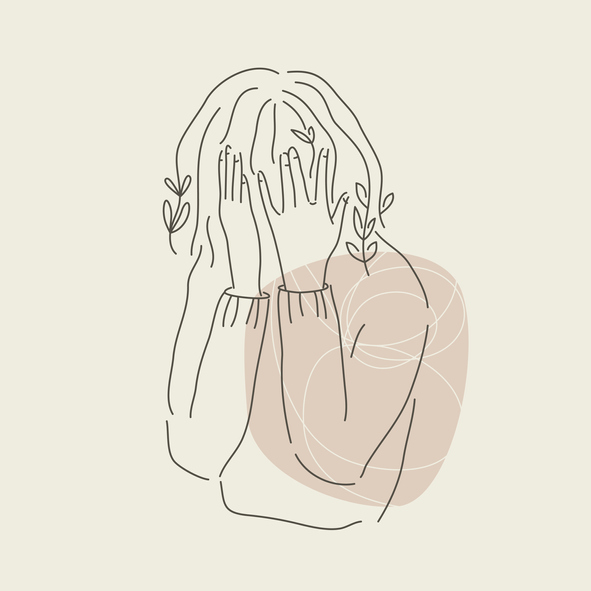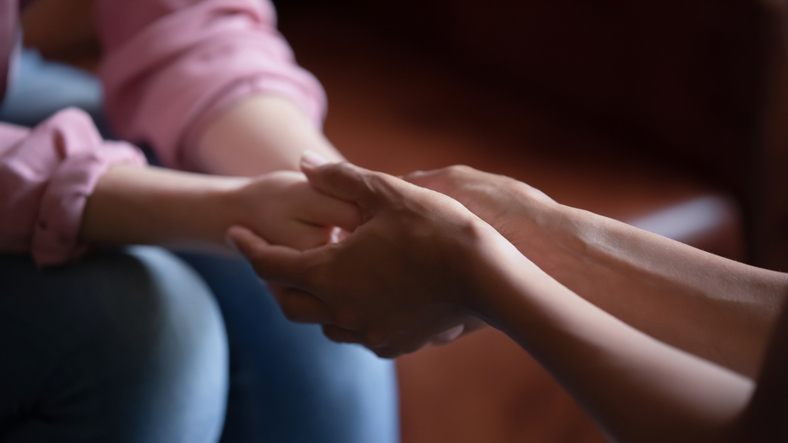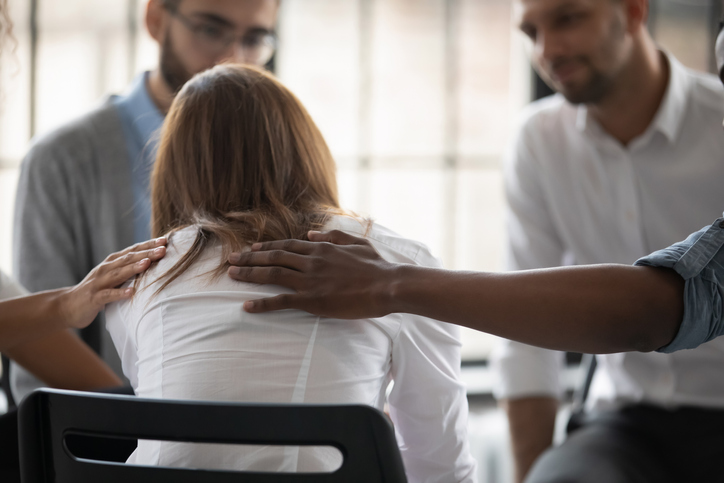There is no right way to grieve the violent, bloody killing of 19 elementary school children.
If you are a functioning human, then in the past day you’ve probably swung from shock, to sadness, to frustration and anger—and then back again. You’re not alone. Those of us at KQED Arts & Culture have been navigating the same storm.
How are you doing? If you just need a place to vent, cry, lament, or try to make sense of the senseless, send us an email and let us know how you’re doing. We promise one of us will get back to you, human to human.
In the meantime, we’ve been processing the news out of Texas, and its all-too-familiar news cycle—and finding sources of support, comfort, and determination.
Skip to:

Shutting Down and Feeling Drained
I have to admit, I shut down. Like, completely. I had to stop working, I took a late afternoon nap, and I had a dream that Texas Gov. Greg Abbott was in his car next to me, on the phone, rebutting demands to advance gun control legislation with facts that were patently untrue.
The dream felt real, because, well, it essentially is. Our nightmare of mass shootings is not going to stop until Capitol Hill takes action; until NRA-backed senators put human life above money; until we stop hearing “cast your vote in November” and start hearing about the lawmakers that we’ve already voted for doing their job, and protecting our kids.
I woke up from my dream and put on Archie Shepp’s “Damn If I Know,” a searing cry from a jazz master who turned 85 yesterday and got the worst birthday present imaginable, 19 children, bodies mangled in the classroom, dead, dead, dead. When my daughter came home from elementary school, my job as a dad was to hug her with all the love in the world. But I am so, so tired of this, and believe me, I was almost too drained to even greet her at the door.—Gabe Meline, Senior Editor



